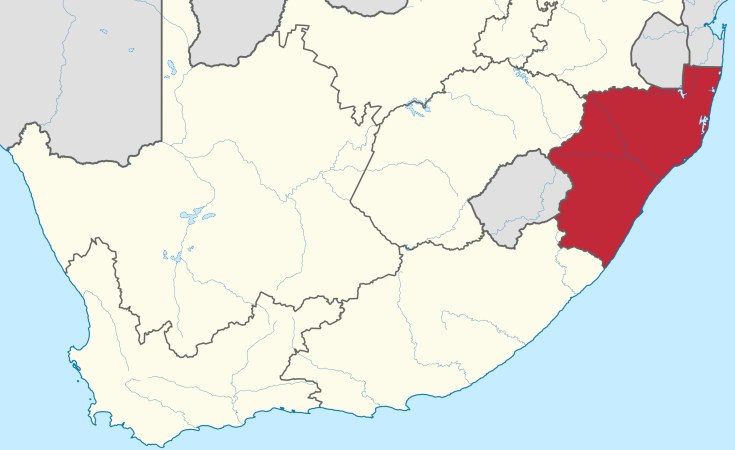In a move which goes against the grain of tradition, a KwaZulu-Natal traditional leader has decided to replace male headmen with women to curb violence in his village.
Inkosi Nathi Maphumulo's bold move is already starting to reap success for the community of Mbumbulu.
The roles of headmen -- as the name suggests -- have always been reserved for men. They are the link between the community and the king or queen. And they make decisions on personal, cultural, land, traditional and business issues, including disputes, faced by community members.
The historic decision to replace men with women for these strategic positions was announced this week.
The historic moment was revealed during the handover of a clinic and library in the rural communities of Mdumezweni in Mbumbulu, South of Durban.
Maphumulo told his community members that the scourge of violence involving male headmen led him to make the decision to replace them with women.
"We have a problem with the high number of headmen who are killed and others are involved in many clashes. So those headmen who have passed away; I replaced them with females," Maphumulo told the community.
"The reason is that women are peace-loving human beings and it's painful to see their kids and husbands, including community members, being killed. That's why you would never see them involved in any violence."
About nine headmen have been killed in KZN since last year due to village infightings and disputes over their positions.
Communities in KZN have faced other issues related to male headmen.
Some have been accused of defrauding communities of their land, and others were accused of constantly being drunk -- which led to them forgetting their official duties.
Due to these issues, there's a call from traditional leaders for the revival of King Bhekuzulu High School, a school that was primarily for traditional leaders in Nongoma, North of KZN.
The school was originally designed specifically for children from royal families -- catering mainly to future kings and queens to hone their leadership skills. With the advent of democracy in South Africa, it eventually opened its doors to all children in the community and no longer focused on traditional leaders alone.
The syllabus eventually changed to a standard basic education similar to most schools in the country. However, the school continues to prioritise leadership and ethics.
Most of the old traditional leaders, including the late King Zwelithini kaBhekuzulu, went to the School.


